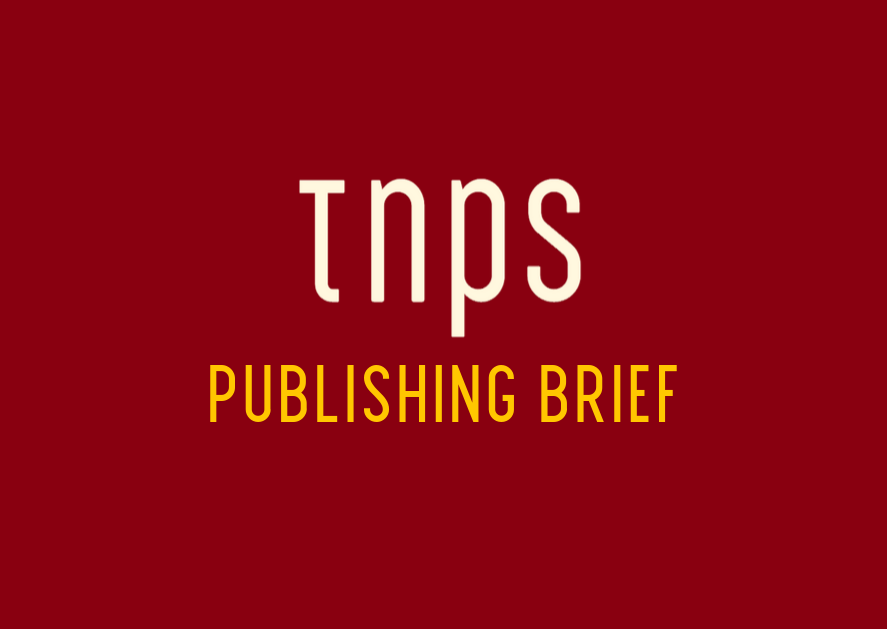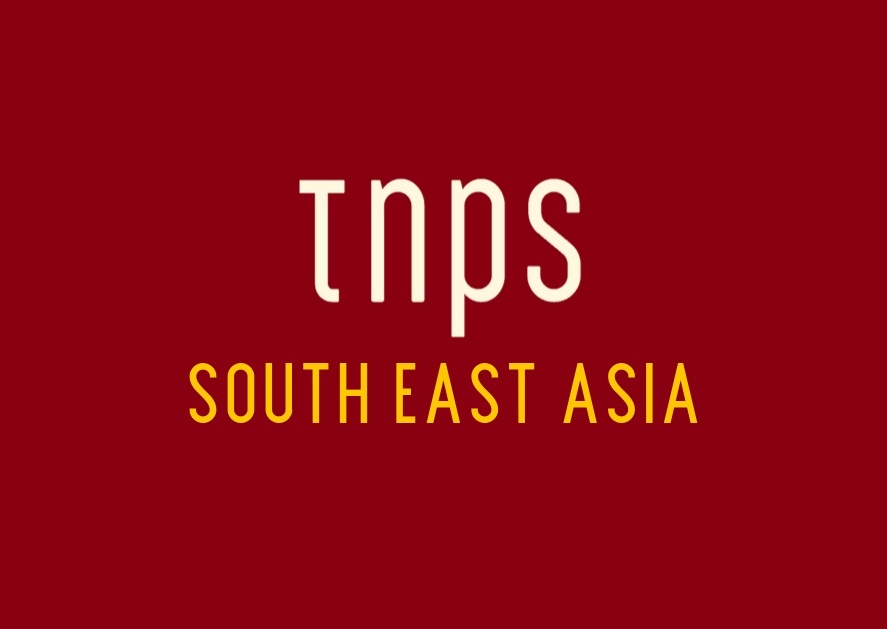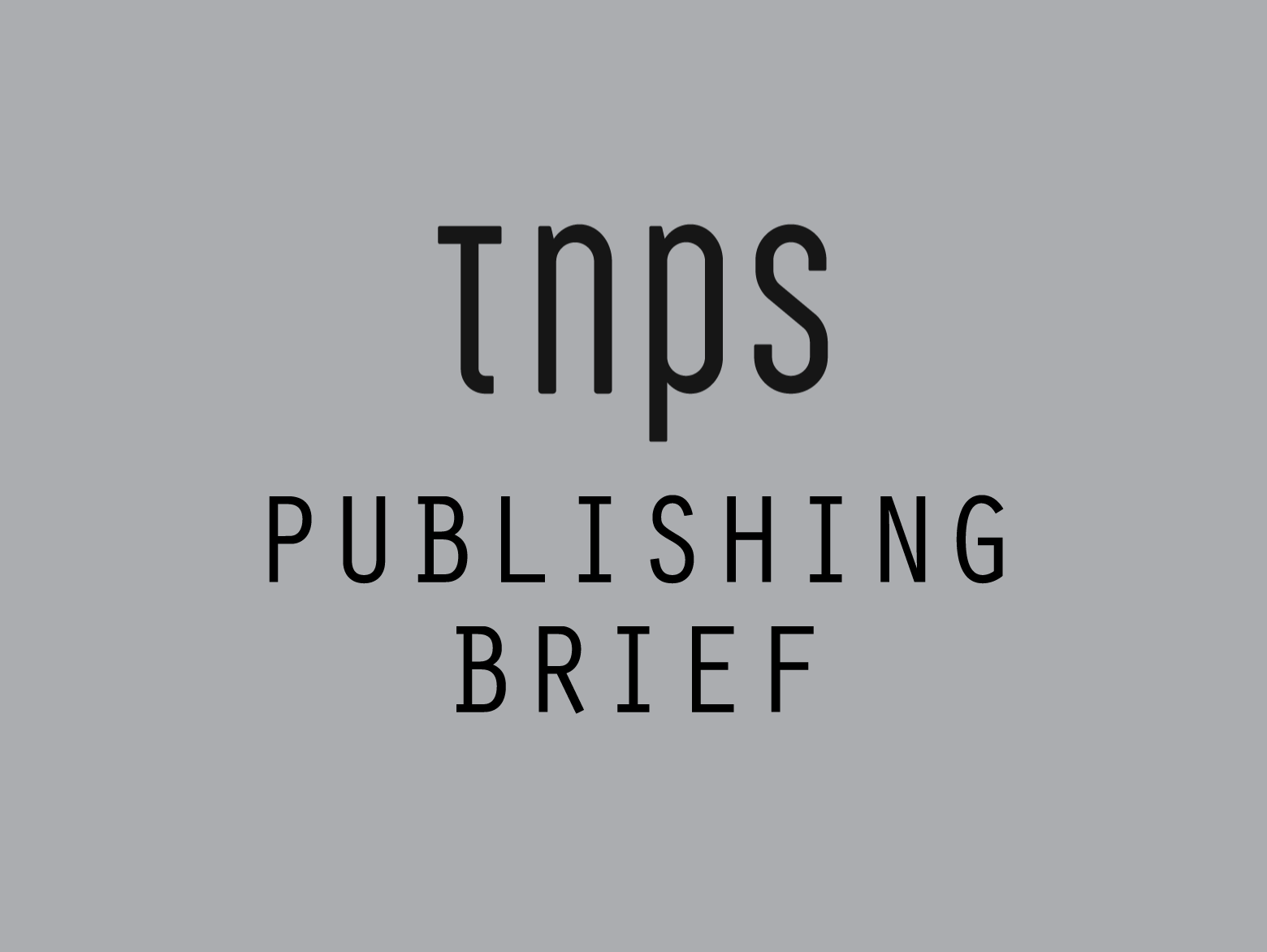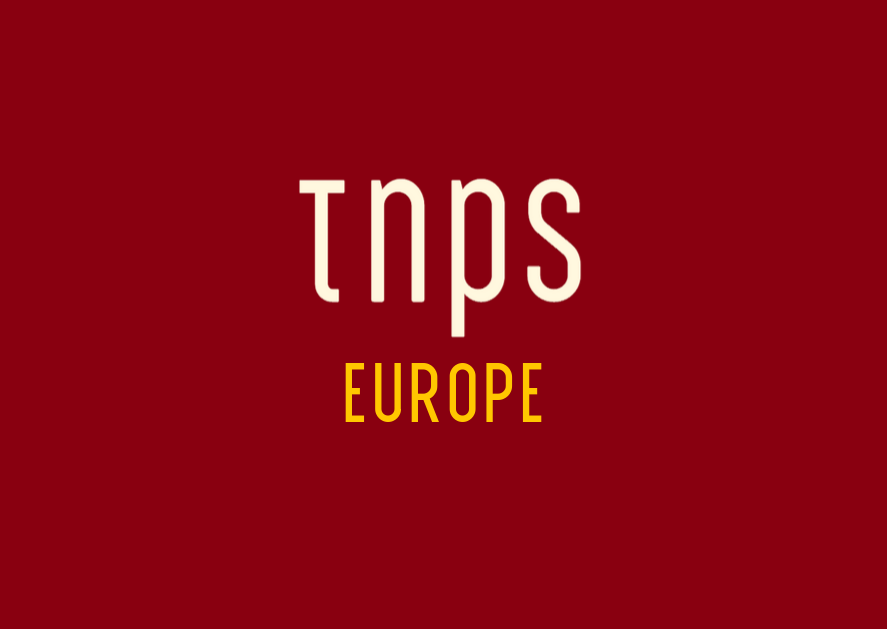Writing liberated human thought, enabling the preservation of philosophy, literature, and law across generations.
I’m putting the finishing touches to a TNPS op-ed on the ways AI is changing not just the way we publish, but the way we write. So this item from Doha had special resonance for me, tracing, as it does, some ways in which writing itself has changed over time due to publishing innovations.
Tracing the Origins of Writing
At Qatar’s 34th Doha International Book Fair, a seminar titled “From Engraving to Writing” explored the 6,000-year journey of human writing.
Moderated by Dr. Muqbil Al Tam Al Ahmadi, the session featured Dr. Mohammad Harb Farzat, who traced writing’s evolution from primitive rock engravings to a sophisticated system that underpins civilization. Writing, he argued, liberated human thought, enabling the preservation of philosophy, literature, and law across generations.
Being the Doha International Book Fair, Farzat unsurprisingly highlighted the Arabic language’s role in safeguarding cultural identity, its linguistic richness fostering conceptual depth vital for cultural continuity.
From Manuscripts to Digital Transformation
Mohammad Hammam Fikri, Heritage and Rare Books Advisor at Qatar Foundation, shifted focus to the publishing revolution. He outlined the transition from rare handwritten manuscripts to mass-produced books following the advent of printing. This democratised knowledge, making literature widely accessible.
Fikri positioned the digital revolution as a continuation of this shift, transforming books into virtual entities that transcend geographical boundaries. He underscored Qatar National Library’s digitisation efforts, which preserve rare manuscripts amid regional instability, ensuring cultural heritage endures for future generations.
Qatar’s Literary Legacy
Fikri also illuminated Qatar’s historical passion for books, predating modern printing. He cited Zubarah, an 18th-century cultural hub where scholars and poets convened to discuss jurisprudence and literature. This legacy highlights Qatar’s longstanding commitment to intellectual exchange, a tradition the Doha International Book Fair upholds.
Books as Bridges Across Time
The seminar concluded with a powerful reflection on the fair’s theme, which celebrates writing’s role in human civilisation. Both speakers affirmed that books – whether physical or digital – serve as conduits between past and future. Digital transformation, exemplified by initiatives like manuscript digitisation, ensures knowledge remains accessible without temporal or spatial limits.
The View From The Beach
For publishing professionals, this underlines the industry’s evolving role: to preserve heritage while embracing technologies that expand the reach and resilience of human knowledge and the promotion of social cohesion through entertainment.
In the TNPS op-ed I’ll be exploring this theme in more depth. Stay tuned
This post first appeared in the TNPS LinkedIn newsfeed.





